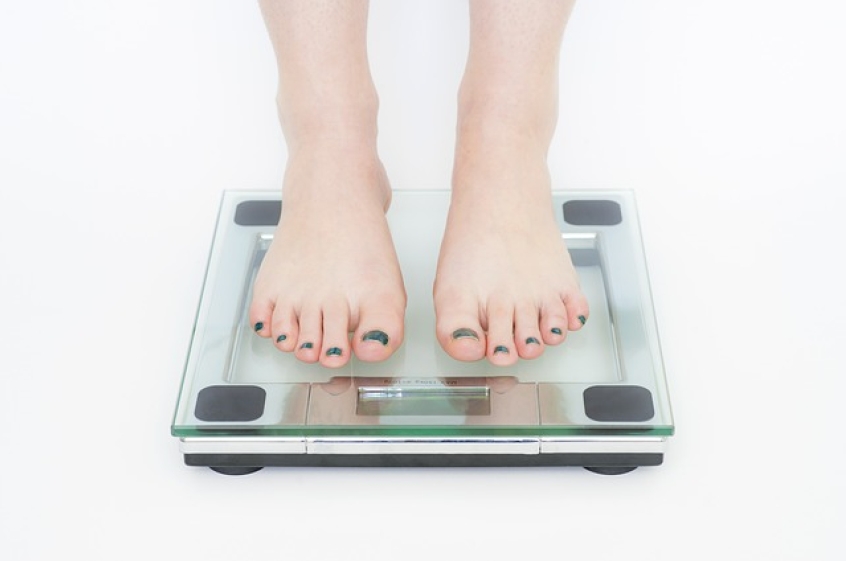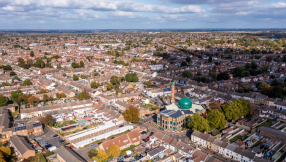
According to a new study, millions of diabetics can be cured by just changing their diet, with no more need for medication after remission.
In a study conducted by England's Newcastle University on 298 volunteers, it was found that a low-calorie diet can make a big difference.
The research, which was first presented in an international conference in Abu Dhabi, found that almost nine in 10 participants were put into remission after following a strict weight-loss plan. Participants involved type-2 diabetes patients, who had been diagnosed for the past six years. They underwent a shakes and soups diet for three to five months, and continued it with a healthy eating and exercise routine.
After a year, 57 percent of those who lost 5 lbs. to 8 lbs., were in remission. The rate rose to 86 percent for those who lost even more weight.
The weight loss reportedly enabled the pancreas, which helps control blood sugar, to be able to do its job properly.
"Significant weight loss could result in lasting remission," said study leader Prof. Roy Taylor of Newcastle University.
Dr. Elizabeth Robertson from Diabetes UK supports the findings, saying that they have the potential to change the lives "of millions of people."
"We're very encouraged by these initial results, and the building of robust evidence that remission could be achievable for some people," Dr. Robertson added.
Among the first lucky ones is 65-year-old patient Isobel Murray. After 17 weeks on the low-calorie diet, she lost over 3 ½ stones and has now stopped medication.
"When the doctors told me that my pancreas was working again, it felt fantastic," she said.
According to experts, this landmark study could revolutionize the way diabetics are cured. In England, one out of 10 adults has diabetes. The National Health Service (NHS) spends some 10 percent of its budget in treating the disease and its many complications, that is £957 million a year, or around £2.6 million a day.













